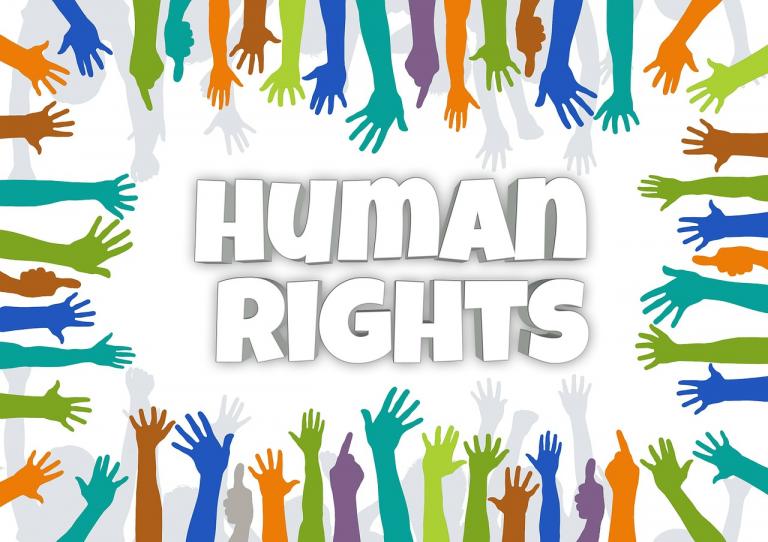Kansas is predominantly a pro-life state with a pro-life legislature. But abortions–even late-term abortions of viable children–will be legal in Kansas even if the Supreme Court reverses Roe v. Wade. This is because the state Supreme Court ruled that under the Kansas constitution abortion has to be seen as an “inalienable” right.
In 2015, the state of Kansas passed a law prohibiting “dilation and evacuation abortions,” the technique used in late term abortions of dismembering a child in the womb and then extracting the parts, piece by piece. An abortion provider filed suit to challenge that law, and the case made its way to the state Supreme Court.
In April, by a 6-1 decision, the court overturned that law, ruling that it violated the Kansas Constitution. Why? Because that document includes language guaranteeing “equal and inalienable natural rights.” The court made a leap from the that principle to the non sequitur that the phrase “allows a woman to make her own decisions regarding her body, health, family formation, and family life — decisions that can include whether to continue a pregnancy.” Therefore, completely disregarding the viable child’s inalienable rights regarding his or her body, the court ruled that “dilation and evacuation abortions” must be allowed.
Since this decision has to do with the Kansas constitution and not the U.S. constitution, it cannot be appealed to the U.S. Supreme Court. And if the U.S. Supreme Court ever overturns its Roe v. Wade decision (which actually allows restrictions on abortions after the point of viability), that would have no bearing in the state of Kansas. Unless Kansas citizens and lawmakers can amend the state constitution–which some are planning to try–that state will have to allow all abortions up to the time of birth, and no one can do anything about it.
Timothy M. Jackson discusses the ruling in a brilliant analysis in The Federalist, entitled Why Women Can Never Have a Constitutional Right to an Abortion. You should read it all, but here are some excerpts:
The claim that human beings have inalienable rights is an affirmation that all human beings by nature have rights as human beings, independent of any government ruling. This is what the Kansas Supreme Court explicitly acknowledged in their reasoning.
However, what necessarily follows from this reasoning is that a human being has rights from the moment she begins to exist. This, by the way, would include any claimed right to bodily autonomy.
If human beings have the right to bodily autonomy, you cannot consistently claim this is an inalienable right that is intrinsic to every human being and claim a human being only acquires this right at birth. It is hard to imagine a more acute violation of bodily autonomy than the intentional and forcible poisoning or dismemberment of their body to the point of death.
Yet what right did the court acknowledge of the live human beings who have not been born? If human beings are only conferred rights at birth, this not what the word “inalienable” means. This is the expression of the opposite, in fact.
Jackson goes on to explain that inalienable rights must exist in harmony with each other and cannot be in conflict. The appearance of conflict is a sign that one of the “rights” is counterfeit. He gives the example of the 19th century legal conflict over slavery: We have a “natural,” “inalienable” right to property, one side argued. Therefore, we have a right to own slaves. But that conflicts with the “inalienable” right of human beings to liberty. “A right to property for some that inherently denied liberty to others, without due process, showed quite clearly it was not a valid claim to property.”
The abortion debate, Jackson shows, is exactly the same. One argument insists that women have the right to control “their own” body–thus invoking the “property” right, as with slavery–over against the child’s right to life and protection from harm. A related argument insists that women’s right to liberty means that they have authority over the life of their child, but, as Jackson says, “this is a false application of our natural right to liberty. There is no such thing as liberty to intentionally kill an innocent human being.”
In rulings like this one, as well as in Democratic position papers and in pro-abortion arguments in general, there is no consideration of the humanity of the “fetus” or of any rights that this might entail. They aren’t refuting the pro-life position that the fetus is a human being. Nor are they usually putting forth an argument that the fetus is not a human being. They aren’t mentioning the issue at all. They jump immediately to the rights of the mother, and that is all they consider.
To be sure, some pro-abortion arguments do maintain that the developing fetus is not fully human, that “it” is just a collection of cells that are part of the mother. But you cannot make that argument for a full-term, viable baby shortly before birth! The fetus is not just a collection of non-differentiated cells, but, at that stage, it is a fully-formed human being.
And that was the case before the Kansas Supreme Court, whether a late-term abortion procedure, which inflicts great pain and cruelty on a child that could just as easily be delivered alive and put up for adoption, should be legal. The court, as far as I can tell, had nothing to say about the central issue in the case before it!
Image by Gerd Altmann from Pixabay, Pixabay License.













